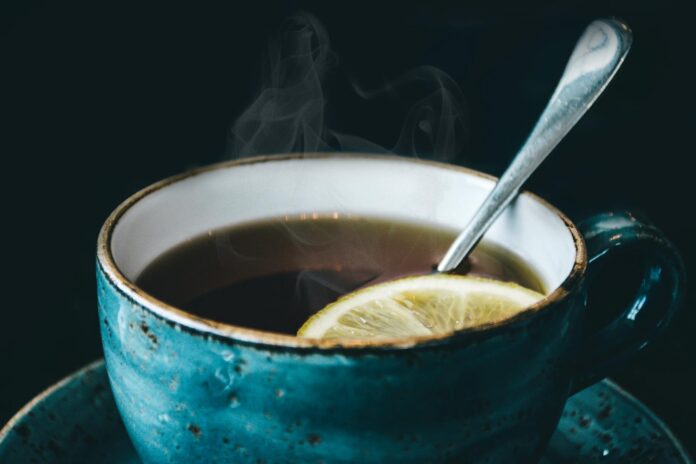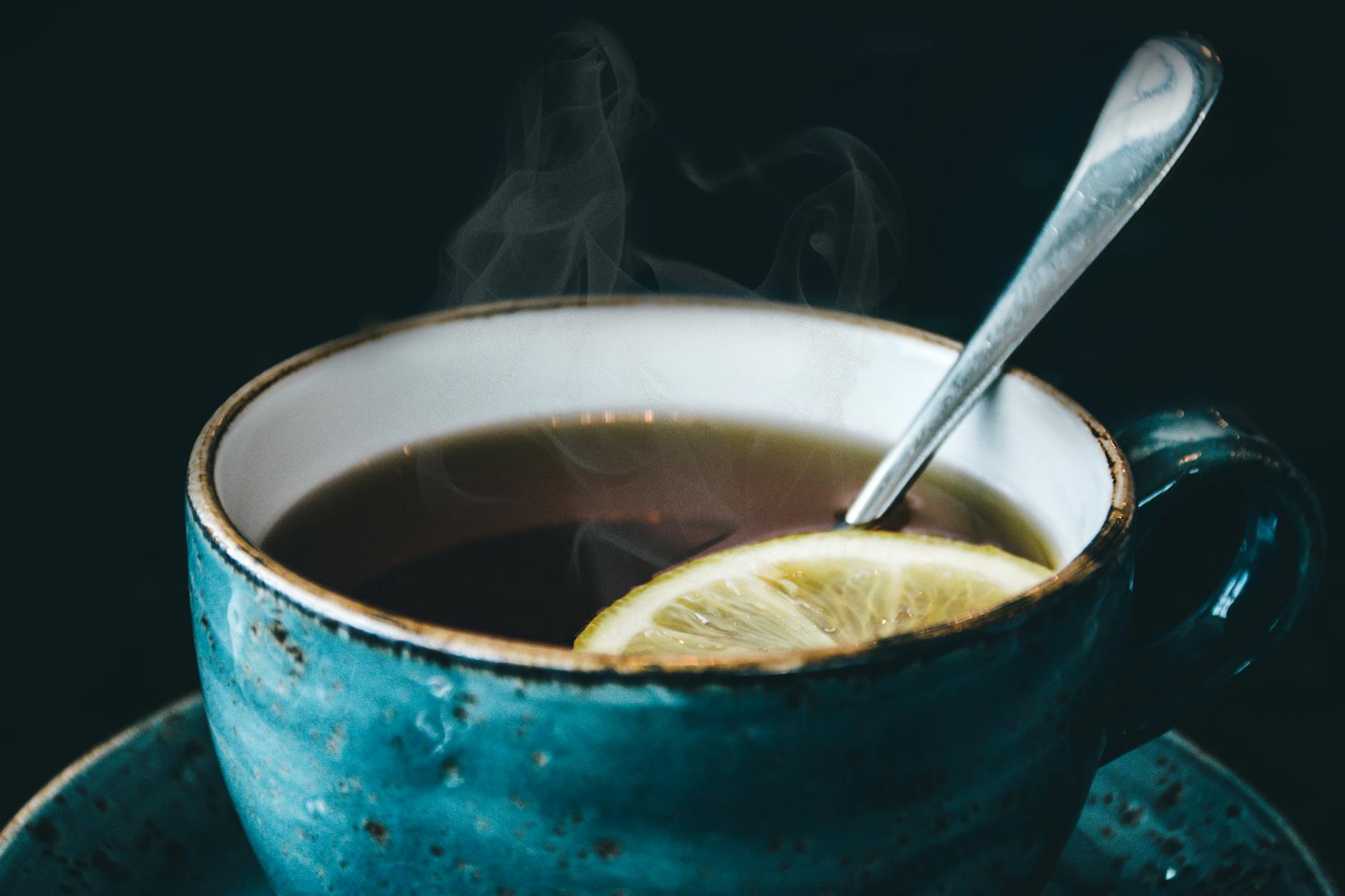

Headaches can be a real nuisance, impacting our productivity and overall well-being. Surprisingly, one remedy might be found in your kitchen cupboard: tea. Many cultures have used tea as a treatment for various ailments, including headaches, for centuries. However, not all teas are created equal when it comes to alleviating head pain. Let’s explore which types of tea can be beneficial and which ones you might want to avoid.
Beneficial Teas for Headaches
1. Ginger Tea
Ginger has powerful anti-inflammatory properties which can help to reduce pain associated with headaches. It’s also known for its ability to alleviate nausea, a common accompaniment to migraines.
2. Peppermint Tea
Peppermint tea could be particularly effective for tension headaches. The menthol in peppermint acts as a muscle relaxant and pain reliever, which could ease the discomfort.
3. Chamomile Tea
Well-known for its relaxing qualities, chamomile tea is a great choice for stress-induced headaches. It helps calm the mind and relax the muscles, which might reduce headache symptoms.
4. Willow Bark Tea
Willow bark is sometimes referred to as “nature’s aspirin.” Its active ingredient, salicin, is a chemical forerunner to aspirin and could potentially ease headache pain, particularly if it’s related to inflammation.
5. Green Tea
Green tea contains caffeine and L-theanine, both of which may help in managing headache symptoms. Caffeine can improve blood flow and reduce the onset of headaches while L-theanine relaxes the mind without causing drowsiness.
Teas to Avoid During Headaches
While some teas can offer relief, others might exacerbate your headache, especially if you’re sensitive to caffeine.
1. Black Tea
Although black tea contains less caffeine than coffee, it might still be too much if you’re prone to headaches caused by caffeine withdrawal or sensitivity. It’s best to proceed cautiously with black tea.
2. Excessively Sweetened Teas
High amounts of sugar can lead to blood sugar fluctuations, which could trigger headaches in some people. If you’re adding tea to your regimen for headache relief, keep the sweeteners to a minimum.
3. Highly Caffeinated Specialty Teas
Teas with a high level of caffeine, such as certain oolong and specialty black teas, could potentially contribute to headaches if you have a caffeine sensitivity or if you’re drinking them in large quantities.
It’s also worth noting that if you regularly consume large amounts of caffeine and suddenly stop, you might experience withdrawal headaches. Conversely, in some cases, a small amount of caffeine might actually help relieve a headache, especially a migraine, by boosting the effectiveness of pain relievers like aspirin and ibuprofen.
Conclusion
When choosing a tea for headache relief, consider herbal teas like ginger, peppermint, and chamomile, or willow bark tea for its salicin content. Green tea is a good option if you benefit from a moderate amount of caffeine. Remember to avoid or be cautious of teas with higher caffeine levels or lots of sugar if you’re prone to caffeine-related headaches or blood sugar issues.
Important Note
While tea can be a helpful remedy for occasional headaches, it’s important to recognize when a headache might be a sign of a more serious condition. If you experience frequent or severe headaches, it’s best to consult a healthcare professional for proper diagnosis and treatment.
